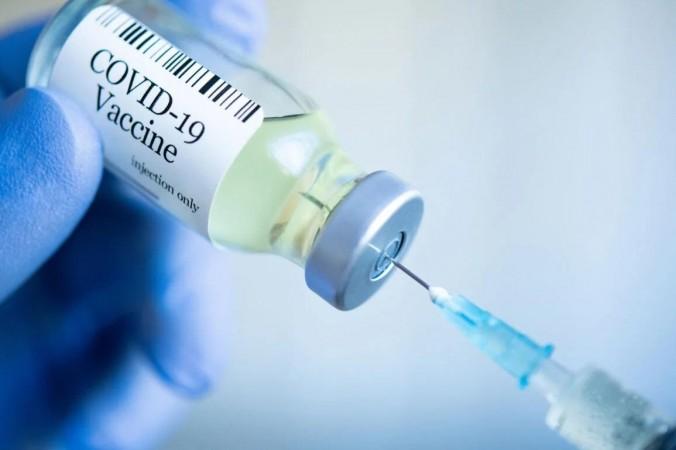
As the world continues to grapple with the Covid-19 pandemic, India is being urged to prepare for another outbreak. This warning comes from Professor Deepak Sehgal, a virologist at Shiv Nadar University in Noida, who made this statement on August 30, 2024. His warning comes in the wake of rising cases in several countries, including the US and South Korea. According to estimates from the US Centers for Disease Control and Prevention (CDC), Covid infections are increasing across 25 states in the country. South Korea is also witnessing an outbreak with a significant number of related hospitalizations.
The World Health Organization (WHO) reported that between June 24 and July 21, an average of 17,358 Covid specimens were tested for SARS-CoV-2 every week across 85 countries. In India, there were 908 new Covid-19 cases and two deaths between June and July 2024. While the situation in India is not as severe as in other countries, Professor Sehgal emphasized the need for preparedness. He stated, "While the situation isn't severe in India as in the other countries, we need to be really prepared for it."
The recent surge in Covid-19 cases in India is attributed to the KP variants, which belong to the Omicron lineage. KP.2, a descendant of Omicron's JN.1, was first detected in India in December 2023 in the state of Odisha. KP strains are the derivatives of the Omicron variant with three mutations in the spike region. Data from INSACOG (Indian SARS-CoV-2 Genomics Consortium) showed that the variant is already in circulation in India. KP.x -- which includes KP.3.1.1 and its relatives such as the FLiRT variant or KP.2 -- account for nearly 39 per cent of all Covid sequence samples in India collected in the last week of July.

The Union Health Ministry's Covid dashboard showed that several states in India are seeing an increase in Covid cases -- with 279 active cases. Assam, New Delhi, Gujarat, Karnataka, Kerala, Maharashtra, and Madhya Pradesh are experiencing a rise in infections. According to the Indian Council of Medical Research (ICMR) and the National Centre for Disease Control (NCDC), the highly transmissible KP.1 and KP.2 strains, which evolved from the JN.1 Omicron variant, are responsible for the surge in Covid cases in India.However, there has been no increase in hospitalisations or severity of illness so far, Union Health Minister J.P. Nadda informed Parliament in July. The government has stepped up surveillance, particularly with genome sequencing. Efforts are also being made to ensure that vaccines and booster doses are readily available in the population.
The Indian government is being urged to prepare for a potential outbreak, highlighting the need for continued surveillance and readiness to respond to any surge in cases. The government is emphasizing the importance of preparedness, including having a plan for potential bed reservations, although the focus is on avoiding such reservations to prevent collateral damage to other health services. The government is also lauded for its handling of the pandemic so far, with a view to being better prepared for future health threats. The emergence of new variants and the potential for another outbreak underscore the need for ongoing surveillance, robust public health measures, and the continued development and distribution of vaccines. The Indian government's response and preparedness measures are crucial in this context, as they aim to mitigate the impact of the pandemic and safeguard the health of the population.


















